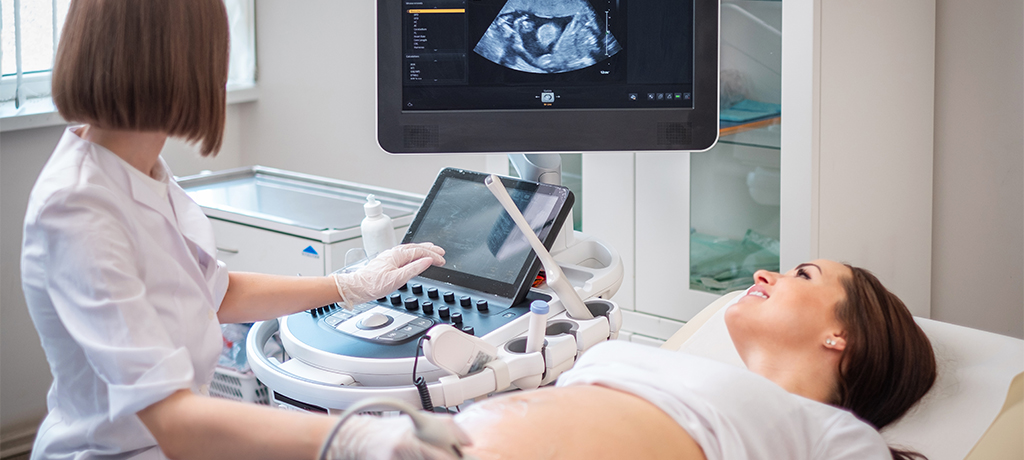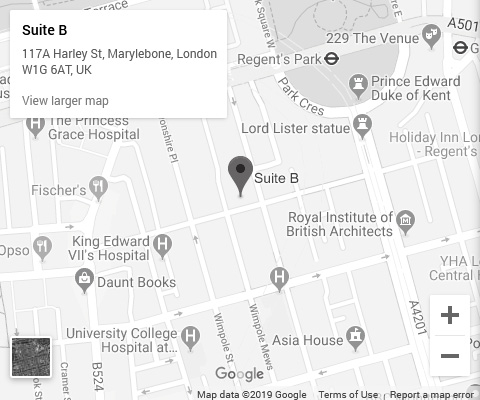
If you’ve been advised to book a gynaecological ultrasound, you’re likely wondering what it entails and how to prepare. Put simply, this non-invasive imaging test uses sound waves to create detailed pictures of your pelvic organs, including the uterus, ovaries, and fallopian tubes. It’s a cornerstone of women’s healthcare in the UK, often recommended for diagnosing conditions like pelvic pain, irregular periods, fertility concerns, or even early pregnancy assessments. The best part? It’s quick, painless, and completely safe. Whether you’re attending a clinic through the or opting for private care, understanding what’s involved can help you feel more confident and prepared.
Types of Gynaecological Ultrasounds
There are two main types of ultrasounds used in gynaecology, each serving different purposes. First up is the transabdominal ultrasound, where a probe is moved across your lower abdomen. This method is ideal for getting an overview of your pelvic organs and is often used during early pregnancy scans or when examining larger structures. On the other hand, the transvaginal ultrasound involves a smaller probe inserted into the vagina, providing a closer look at the reproductive organs. This type is particularly useful for investigating issues like ovarian cysts, fibroids, or suspected ectopic pregnancies.
Both methods are widely available across the UK, whether you’re using services or visiting private clinics. The choice between them depends on your specific medical needs and the advice of your healthcare provider. Rest assured, both procedures are designed to be as comfortable and stress-free as possible.
Why Preparation Matters
Preparing properly for your ultrasound isn’t just about ticking boxes; it’s about ensuring the best possible outcome. Clear images are crucial for accurate diagnosis, and following preparation guidelines helps achieve that. For instance, a full bladder during a transabdominal scan lifts the pelvic organs into view, while an empty bladder is preferred for transvaginal scans to avoid discomfort. Additionally, being well-prepared can reduce any unease you might feel during the procedure, allowing the clinician to focus on capturing the necessary details. Ultimately, preparation ensures that the scan is efficient, effective, and as stress-free as possible.
How to Prepare for a Transabdominal Ultrasound
For a transabdominal ultrasound, hydration is key. You’ll need to drink plenty of water before your appointment—typically around 1–1.5 litres—an hour beforehand. Think of it as giving your bladder a temporary “boost” to lift your pelvic organs into better view for the sonographer. While it might feel a little uncomfortable holding it all in, remember that this step is essential for getting clear images. Try to avoid urinating until after the scan is complete, even if you feel the urge. If you’re unsure about the exact timing, check with your clinic—they’ll provide tailored advice to ensure you’re fully prepared.
How to Prepare for a Transvaginal Ultrasound
Unlike its transabdominal counterpart, a transvaginal ultrasound requires an empty bladder. Make sure to use the toilet shortly before your appointment to avoid any discomfort during the procedure. Comfort is also important, so wear loose, easy-to-remove clothing to make the process smoother. Many women worry about feeling embarrassed or experiencing discomfort, but rest assured, the procedure is conducted with utmost professionalism. The slim probe used is specifically designed for this type of scan and is gently inserted by a trained sonographer. If you have concerns, don’t hesitate to discuss them with the clinic staff—they’re there to support you every step of the way.
What to Expect During the Appointment
On the day of your ultrasound, you’ll meet a qualified sonographer or consultant who will guide you through the process. They’ll explain what’s happening and answer any questions you might have. For a transabdominal scan, you’ll lie back on the examination table, and a gel will be applied to your lower abdomen to help the probe glide smoothly. In the case of a transvaginal scan, you’ll be given a moment to get comfortable before the probe is gently inserted.
Book Your Gynaecological Ultrasound Today
Ensure your reproductive health is in expert hands. Schedule your gynaecological ultrasound with our trusted specialists for accurate results and peace of mind.
The entire procedure usually takes around 20–30 minutes, depending on the complexity of the scan. Throughout, your privacy is prioritised—clinics in the UK adhere to strict confidentiality standards, ensuring you feel respected and secure.
After the Ultrasound
Once the scan is complete, you’ll be able to use the toilet and tidy up. If you had a transabdominal ultrasound, you’ll likely feel relieved to empty your bladder! Results are typically processed within a few days, though patients may experience slightly longer wait times compared to private clinics. Your doctor will review the findings with you and discuss any next steps, such as additional tests or treatment options, if needed. Remember, the goal of the ultrasound is to gather information that helps guide your care—it’s just one piece of the puzzle.
Preparing Emotionally
It’s completely normal to feel a bit anxious before a gynaecological ultrasound, especially if you’re unsure what to expect. Many clinics in the UK go above and beyond to create a calming environment, offering friendly staff and clear communication to ease your nerves. If you’re feeling particularly worried, consider jotting down your questions beforehand so you can address them with the sonographer. Remember, these professionals are highly trained and dedicated to making your experience as smooth and reassuring as possible.
Conclusion
Preparing for a gynaecological ultrasound doesn’t have to be daunting. For transabdominal scans, focus on staying hydrated and keeping your bladder full. For transvaginal scans, aim for comfort and arrive with an empty bladder. Both procedures are routine, safe, and designed to provide valuable insights into your health.
If you’ve been advised to book a scan, don’t delay - timely diagnosis can make all the difference. Whether you choose services or a trusted private clinic, take the first step toward peace of mind today. Remember, you’re not alone in this journey, and the UK’s healthcare system is here to support you every step of the way.
Ready to schedule your appointment? Reach out to a reputable gynaecology clinic in London today and take control of your health.






-in-the-UK.jpg)

